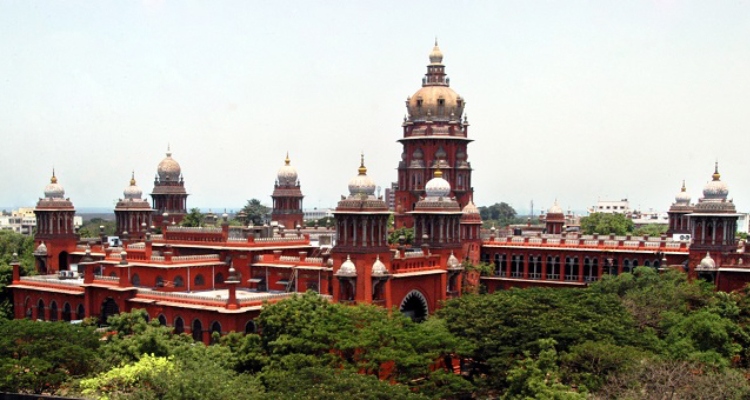
The Madras High Court on Monday has emphasized that money laundering significantly impacts economic stability, creating a harmful cycle that ultimately burdens the common man.
As a result, the court underscored the necessity of conducting a free and fair investigation into such offenses.
The court’s remarks came during the acceptance of a petition filed by the Directorate of Enforcement (ED), which sought to overturn a local court’s decision that accepted a closure report from the Central Crime Branch (CCB) regarding a case against lottery baron S. Martin and 3 others.
The case originated from the seizure of Rs 7 crore, after which the CCB initiated proceedings, followed by the ED filing a case under the Prevention of Money Laundering Act (PMLA).
The bench, comprising Justices S.M. Subramaniam and V. Sivagnanam, declared, “The facts established and the legal position considered led us to an irresistible conclusion that the closure report filed by the CCB on November 14, 2022, accepted by the Judicial Magistrate-I, Alandur, stands set aside.”
The justices highlighted the importance of unbiased action from both state and central investigating agencies, emphasizing that any unfair investigation undermines the PMLA’s objectives and prevents a fair investigation, potentially allowing offenders to escape accountability. They reiterated that legislation should benefit the common citizen, and its implementation should be executed fairly to ensure that the law’s advantages reach those it is intended to protect.
The bench noted that the CCB’s closure report appeared flawed, particularly regarding the absence of evidence proving the fabrication of a false document related to an ante-dated sale agreement from March 2, 2012. They criticized the State Investigating Officer’s conclusion, asserting it was unexpected given that the alteration report was based on state government records. The court pointed out that the relevant stamp paper was issued only on March 9, 2012, which contradicted the claims made.
Furthermore, the bench highlighted that key witnesses, such as the stamp vendor and the stamp paper buyer, were unavailable for examination, casting doubt on the closure report’s validity. They also noted that the closure report relied on findings from a judgment that had been set aside by the Supreme Court, making it an improper basis for the CCB’s conclusions.
The judges stated that the Investigating Officer acknowledged that one of the accused paid income tax on alleged sale proceeds, but this should not absolve them of the illegal activities associated with selling lottery tickets and creating fabricated documents. The bench remarked that paying taxes on the proceeds of crime does not negate the illegal actions committed.
The court criticized the magistrate’s acceptance of the closure report, describing it as mechanical and lacking a thorough examination of relevant facts and evidence. The failure to consider earlier Supreme Court rulings in the matter led to a miscarriage of justice, the bench concluded.




